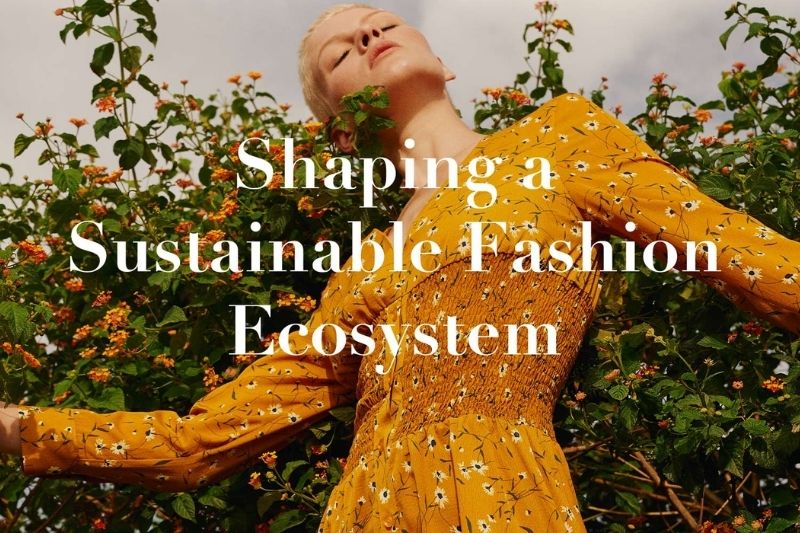Incorporating sustainability in your business plan is crucial for online brands as the industry continues to rely heavily on plastics in packaging. Meet the Singapore companies leading efforts in sustainable fashion.
As more consumers become aware of environmental impacts of their purchasing decisions, online brands need to shift their practices towards more sustainable goals, both beneficial to the environment as well as cost efficiency of their businesses in the long run. Unfortunately, the Covid-19 pandemic, despite creating a boom for the e-commerce industry, has created even more waste from product packaging, disposed returned goods, and many other concerns. Fortunately, some online retailers are not letting sustainability take a backseat and are heading green fashion efforts in Singapore.
Singapore-based online fashion brand Zalora spoke to CNBC, saying they are moving forward with their green commitment and are trying to reduce their environmental footprint.
“We decided that the best way to do it is to make commitments public because that creates a degree of accountability that you can’t shy away from. We’ve now made sure that all of our packaging is at least 80% recycled,” Gunjan Soni, CEO of Zalora Group, “But then coming to the question of the product itself that we are selling, we’ve started an initiative around circular fashion. Very soon in the future, people will be able to sell back the product that they bought at Zalora itself.”

Photo and banner image credit zalora.sg
Republiqe, another Singapore online fashion brand, is a virtual clothing retailer that sells “100% digital” garments, according to their website. The company’s founder James Gaubert said the company wants to position itself as “the world’s first fully digital virtual fashion brand.”
Singapore continues to works towards sustainable development and launched its Green Plan initiative in February, part of which encourages local businesses to take more sustainable action. Many sustainability startups are already taking advantage of these new initiatives, and the country is working to create new “Forest Towns” to help integrate these goals within their community.
“Countries need to take the lead on issues such as climate change,” said Vinod Thomas, visiting professor at the National University of Singapore’s Lee Kuan Yew School of Public Policy. “Leadership has to be provided so others too will follow,” he said.
Related Articles
Supermint: Asia’s Sustainable Fashion Marketplace





